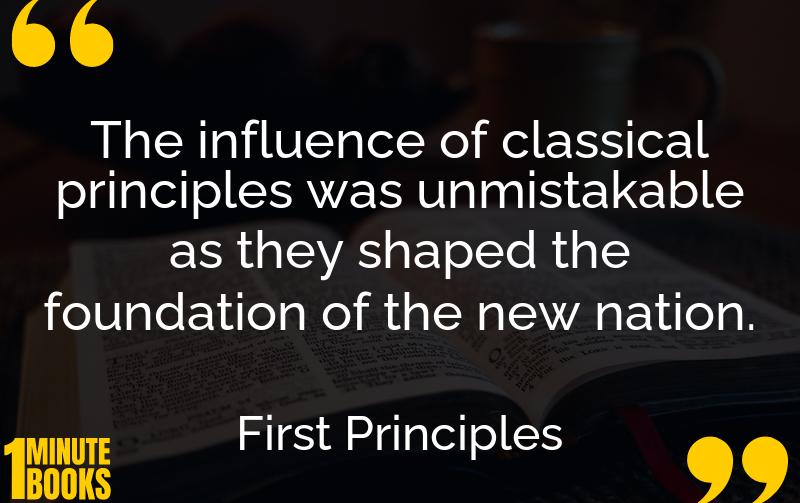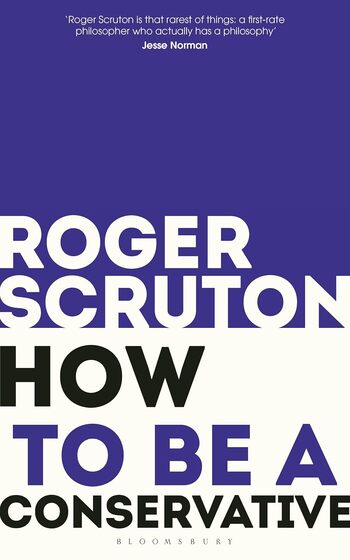
The book explores the influence of Greek and Roman history on America’s first presidents, highlighting classical ideas’ enduring impact on U.S. values and politics.
Main Lessons
- America’s founders drew significant inspiration from Greek and Roman civilizations.
- Classical ideals shaped the foundational principles and virtues of the early U.S.
- George Washington admired the Roman virtues exemplified by Cato and adapted strategic patience like Fabius.
- John Adams was deeply influenced by Cicero’s rhetoric and principles.
- Thomas Jefferson’s Declaration of Independence reflects Epicurean ideals focused on collective happiness.
- James Madison incorporated Enlightenment and classical insights into the U.S. Constitution.
- The idea of a ‘large republic’ challenged traditional notions of small governmental bodies.
- The concept of virtue has evolved but remains pivotal in governance and public life.
- Early U.S. politics grappled with the role of partisanship and public virtue.
- Classical influences waned over time, viewed as elitist and detached from evolving societal realities.
- The enduring importance of striving for the common good over individual interests.
- Respectful political discourse is central to sustaining foundational American values.
- Revisiting classical principles offers pathways to navigate modern political challenges.
- Historical interpretations, such as the Federalist and Anti-Federalist divide, shaped political dynamics.
- Embracing diverse political views became key to America’s evolving political landscape.








